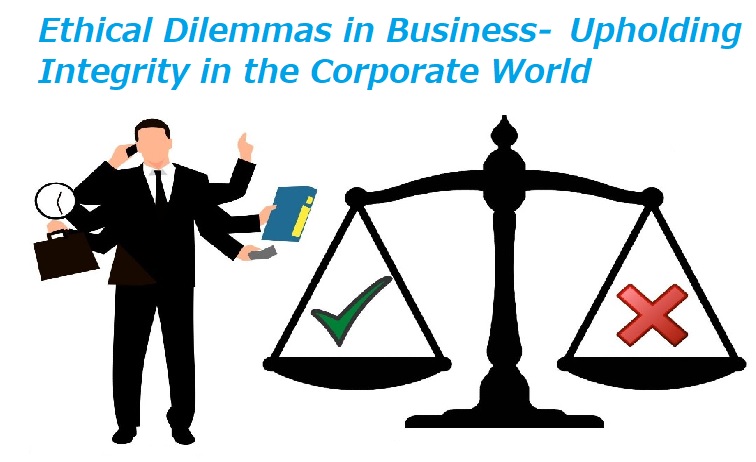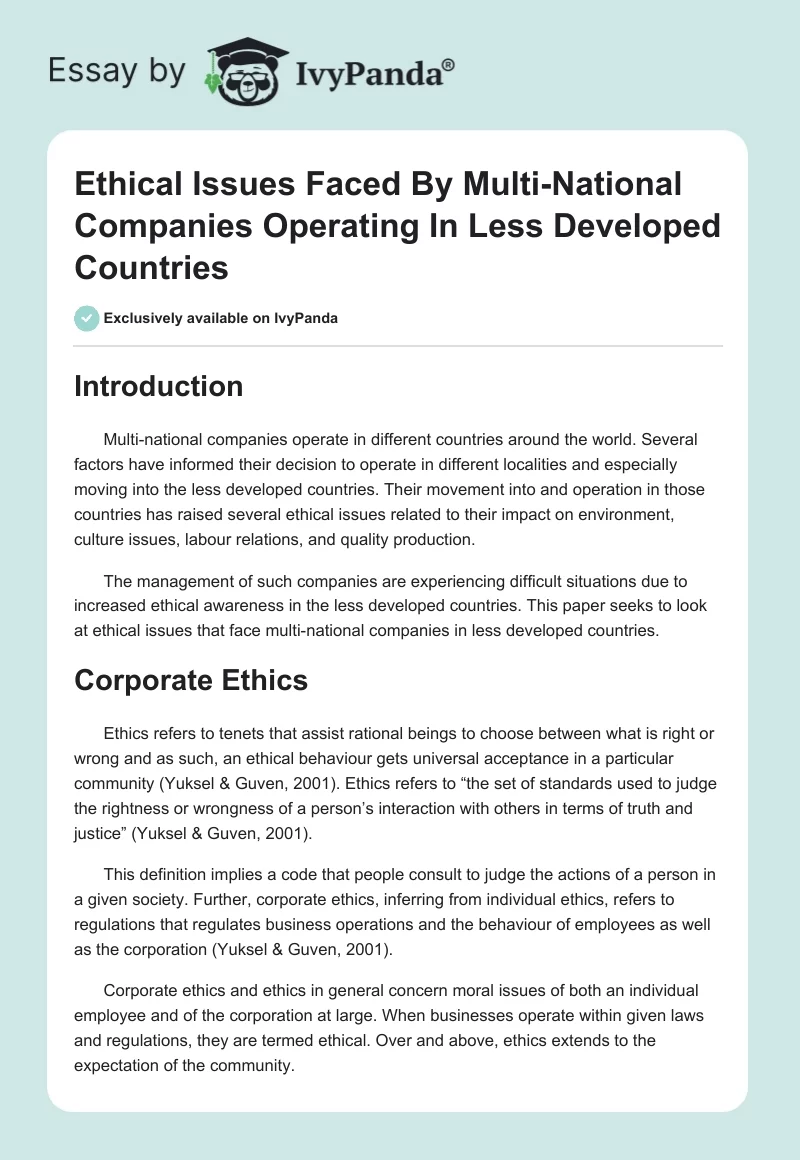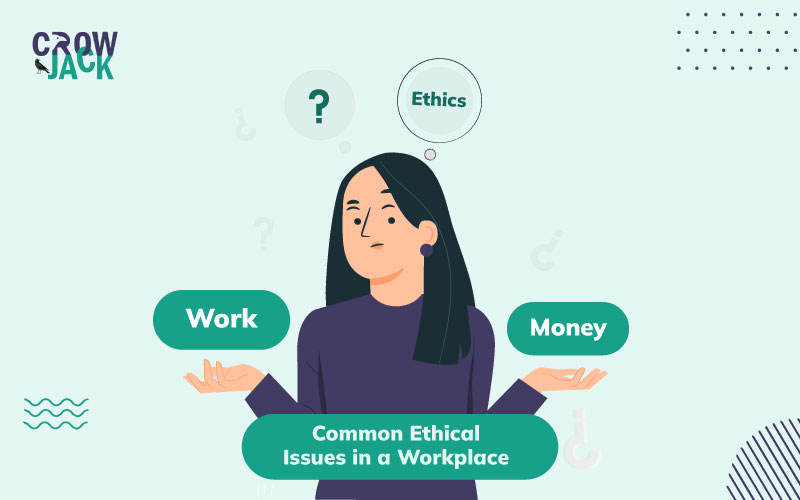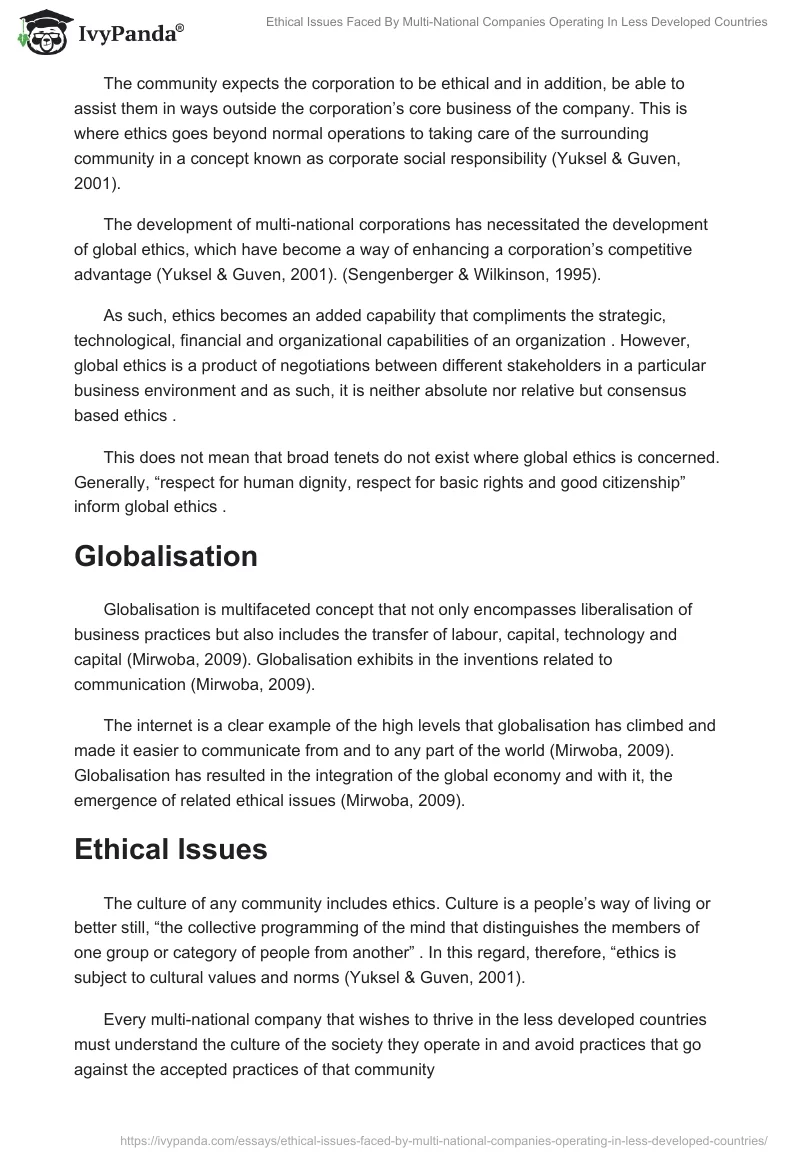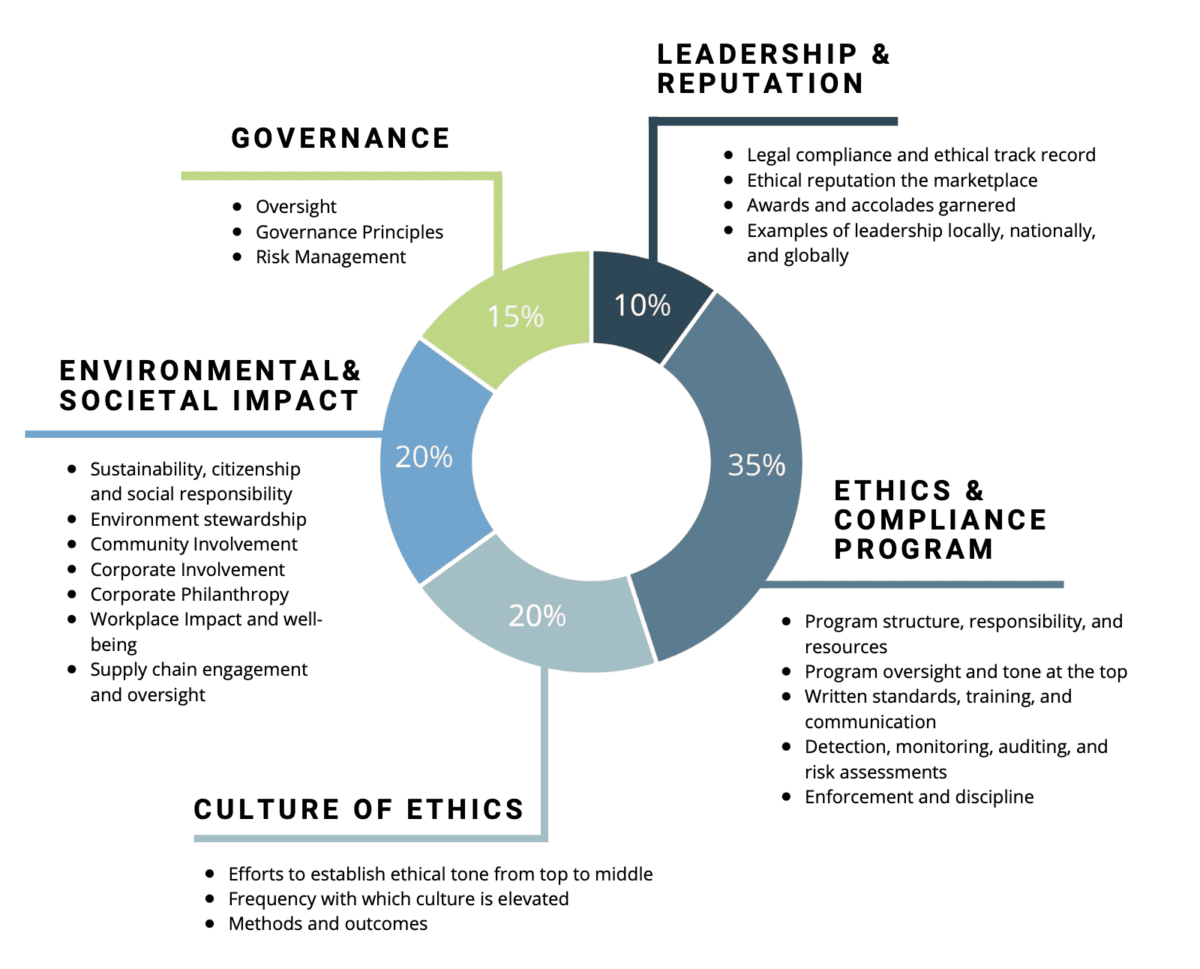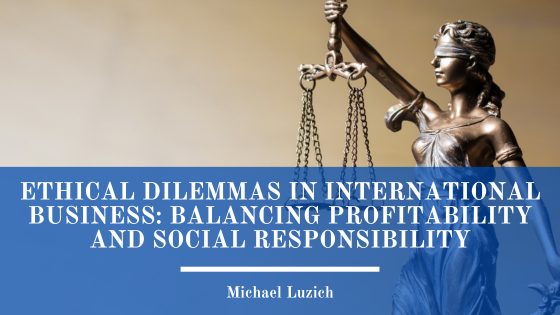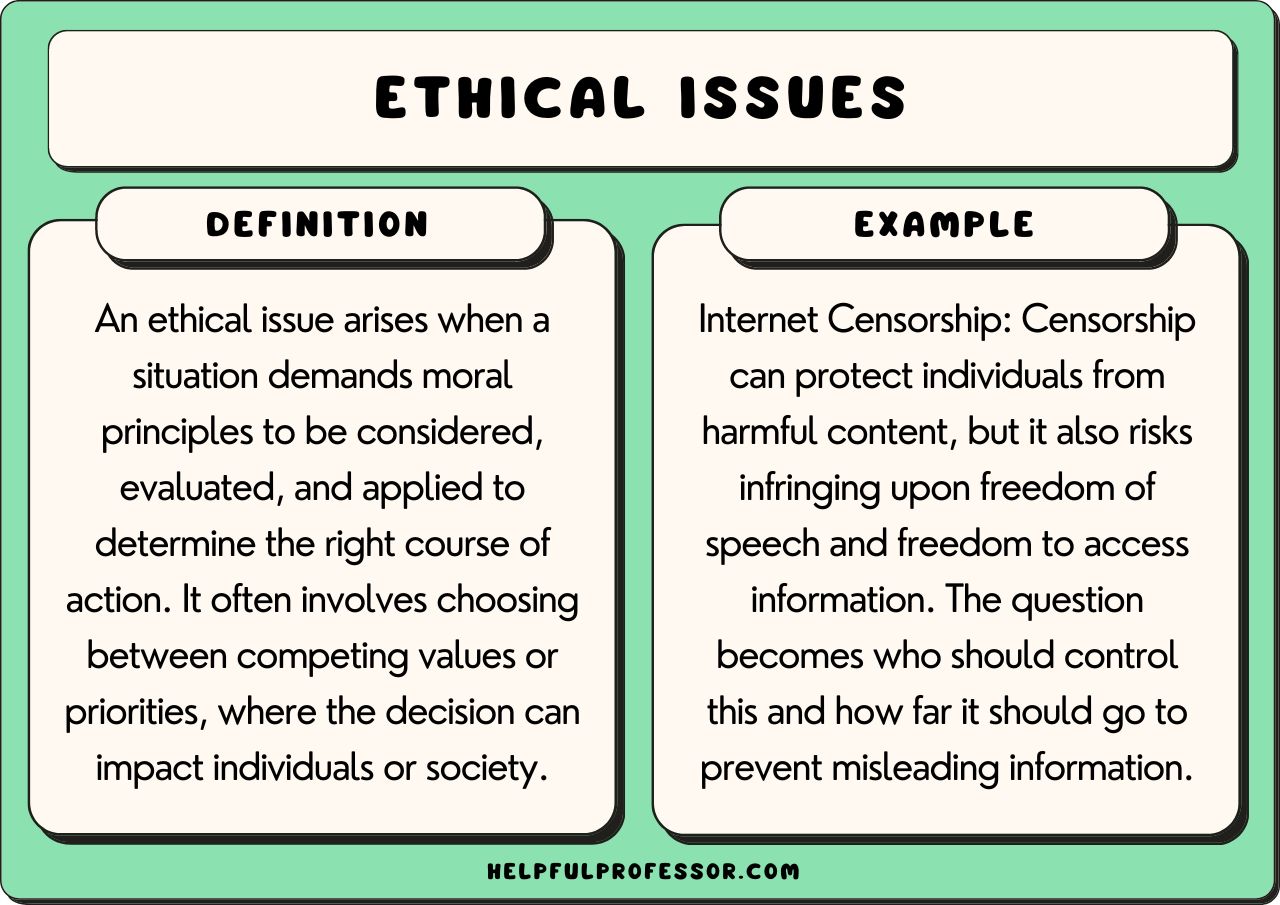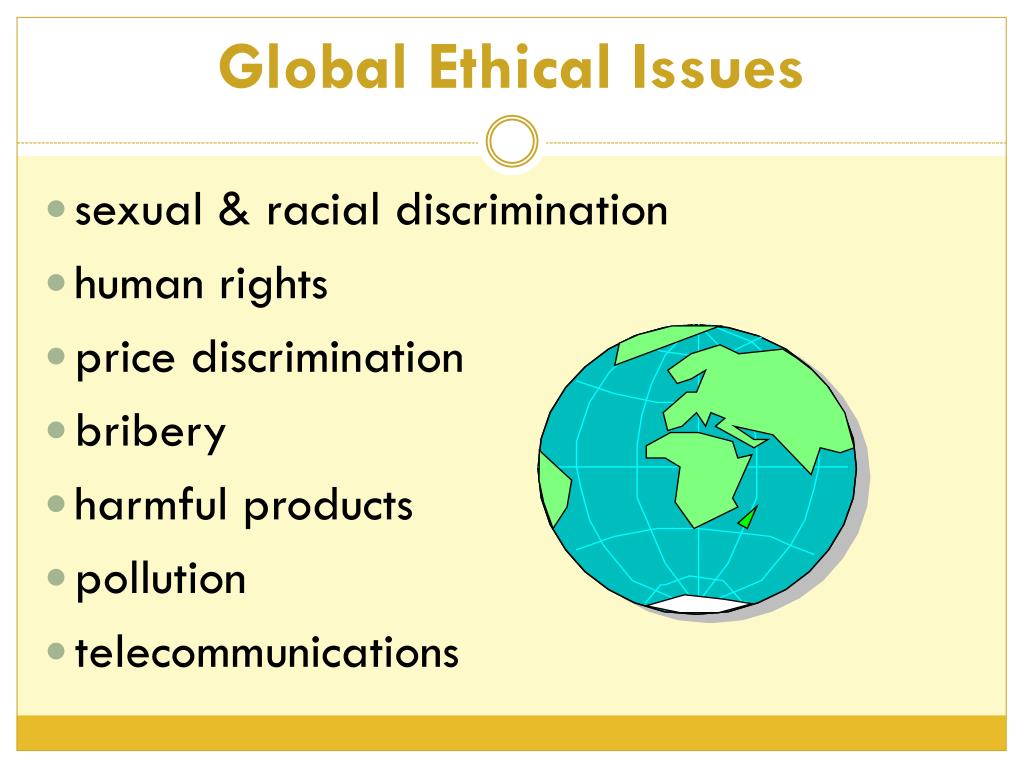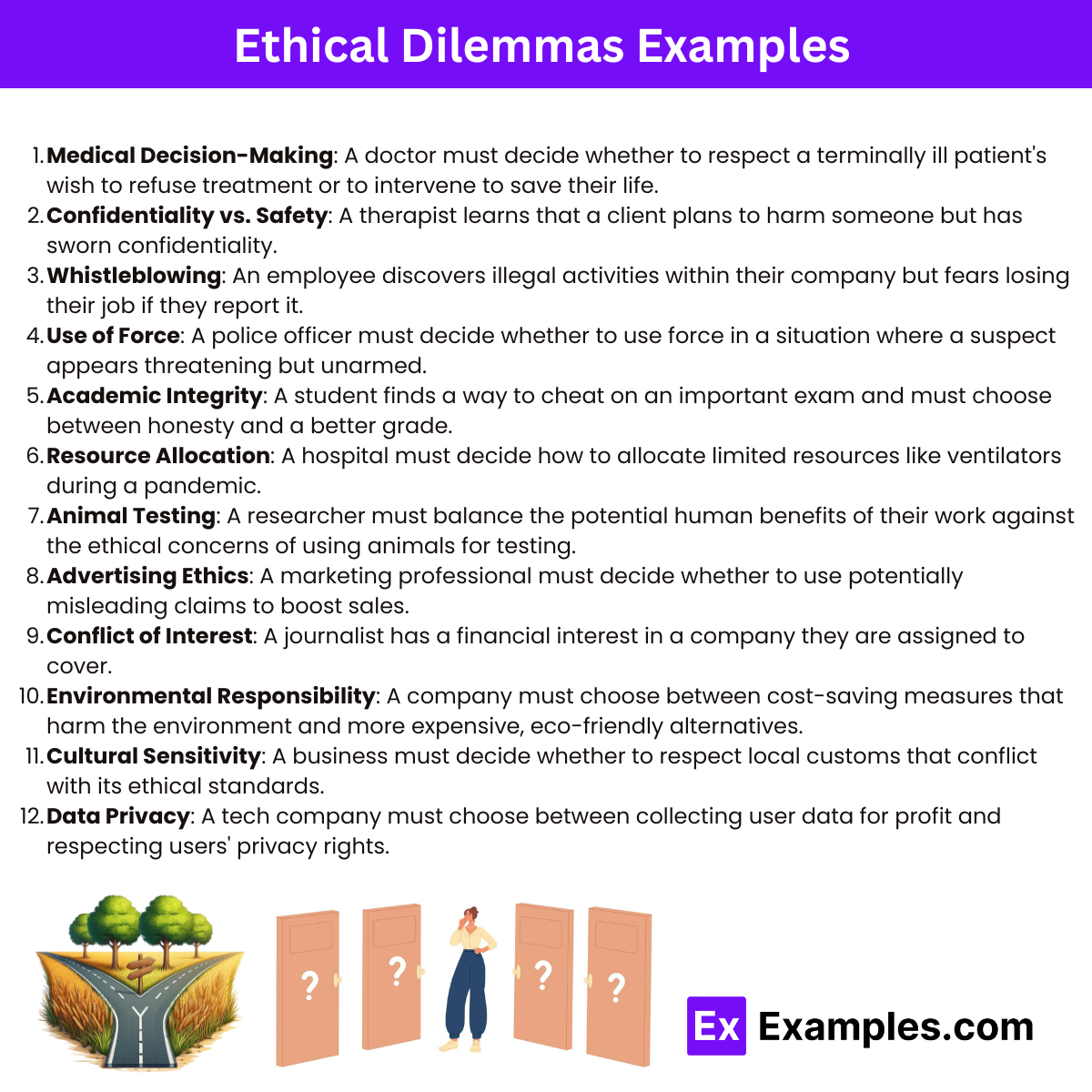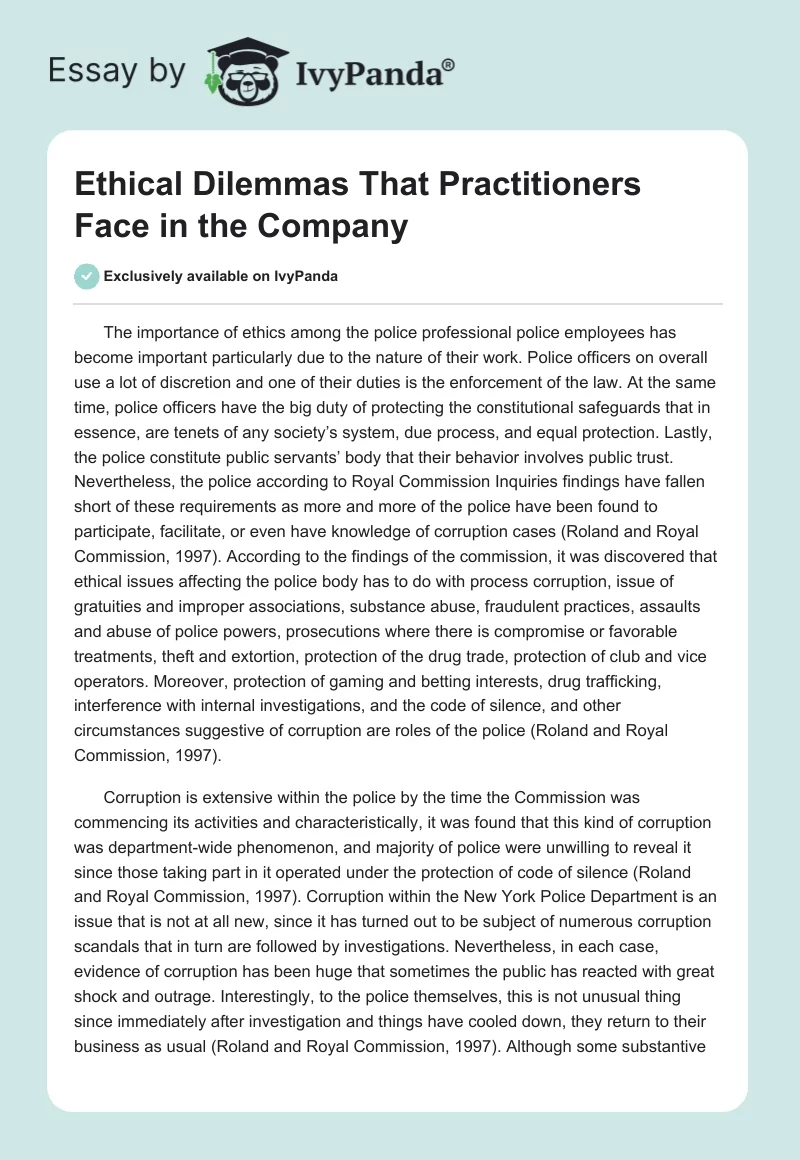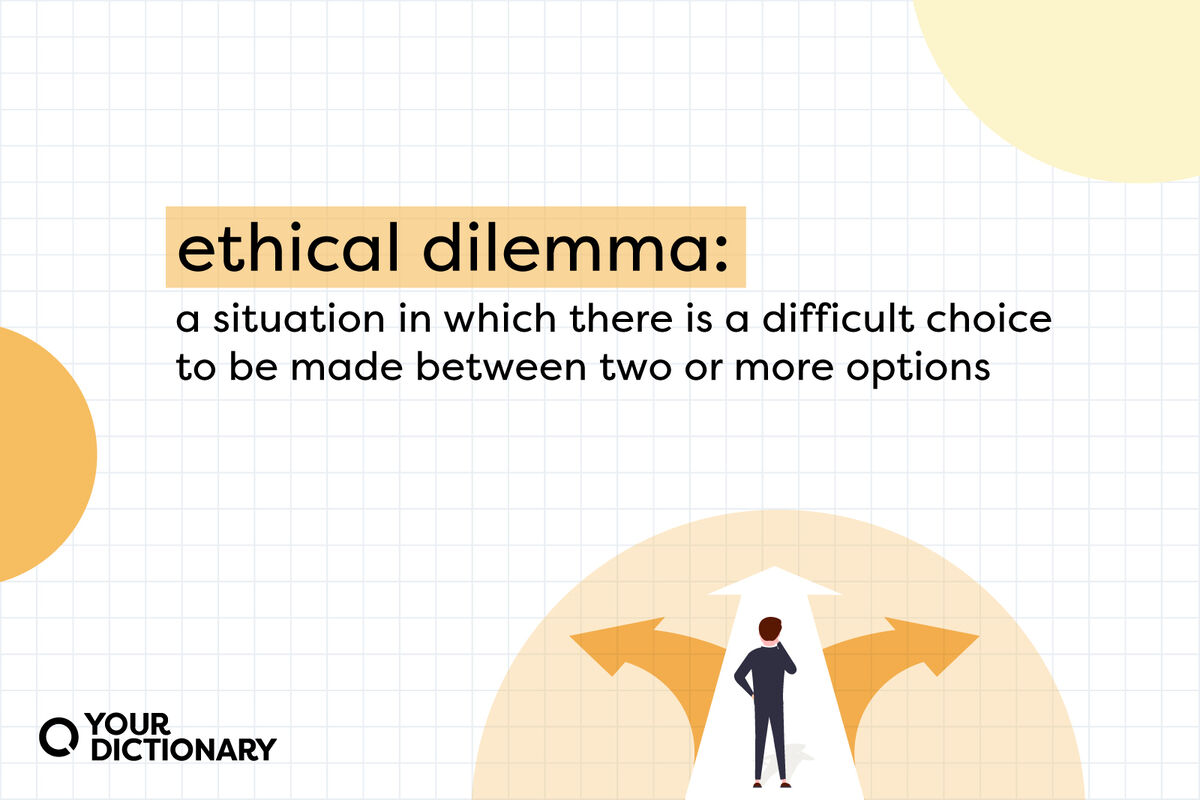Companies Faced With Ethical Dilemmas

Navigating the complexities of the modern business landscape often leads companies into murky ethical waters, forcing them to grapple with decisions that extend beyond the bottom line. From data privacy to environmental responsibility, the pressure to act ethically is mounting as stakeholders demand greater accountability.
This article explores the ethical dilemmas companies face, examining recent cases and their implications for businesses and society. The analysis will delve into how these challenges arise and what steps organizations are taking to address them, highlighting the increasing importance of ethical considerations in corporate decision-making.
The Rise of Ethical Scrutiny
Consumers, investors, and employees are increasingly scrutinizing corporate behavior. Social media amplifies ethical missteps, leading to rapid reputational damage and potential financial repercussions.
Edelman's Trust Barometer consistently shows a decline in trust in institutions, including businesses, prompting companies to actively demonstrate their commitment to ethical practices to regain public confidence.
Data Privacy and Security
One of the most prominent ethical challenges revolves around data privacy and security. Companies collect vast amounts of personal data, raising concerns about how this information is used, stored, and protected.
The Cambridge Analytica scandal, where data from millions of Facebook users was harvested without consent, serves as a stark reminder of the potential consequences of data misuse.
GDPR (General Data Protection Regulation) in Europe and similar regulations worldwide are forcing companies to prioritize data protection and transparency, demanding significant investments in cybersecurity and compliance measures.
Environmental Responsibility
The growing urgency of climate change has placed environmental responsibility firmly on the corporate agenda. Companies are facing pressure to reduce their carbon footprint, minimize waste, and adopt sustainable practices.
"Greenwashing," the practice of exaggerating or falsely claiming environmental benefits, is a significant ethical concern. Consumers are becoming more discerning and demand verifiable evidence of environmental claims.
Many companies are committing to net-zero emissions targets and investing in renewable energy, but critics argue that bolder and more immediate action is needed to address the climate crisis effectively.
Supply Chain Ethics
Ethical considerations extend beyond a company's direct operations to its entire supply chain. Issues such as labor exploitation, unsafe working conditions, and environmental damage in supplier factories are under increased scrutiny.
The collapse of the Rana Plaza factory in Bangladesh in 2013, which killed over 1,100 garment workers, highlighted the risks associated with lax safety standards and unethical sourcing practices.
Companies are now implementing stricter supplier codes of conduct, conducting audits, and working with NGOs to improve working conditions and promote ethical sourcing throughout their supply chains.
Artificial Intelligence (AI) and Bias
The rapid advancement of AI presents new ethical dilemmas related to bias, fairness, and accountability. AI algorithms can perpetuate and amplify existing societal biases if not carefully designed and monitored.
Facial recognition technology, for example, has been shown to be less accurate in identifying individuals from certain racial groups, raising concerns about potential discrimination in law enforcement and other applications.
Companies developing and deploying AI systems are grappling with the challenge of ensuring fairness, transparency, and accountability, while also mitigating the risk of unintended consequences.
The Role of Corporate Governance
Strong corporate governance is essential for promoting ethical behavior within organizations. This includes establishing clear ethical codes, providing ethics training, and creating mechanisms for reporting and addressing ethical concerns.
Whistleblower protection is crucial for encouraging employees to report wrongdoing without fear of retaliation. Companies need to foster a culture of transparency and accountability where ethical concerns are taken seriously.
Independent oversight bodies, such as ethics committees, can play a vital role in ensuring that companies adhere to ethical standards and address ethical dilemmas effectively.
Navigating the Future
As companies navigate an increasingly complex and interconnected world, ethical decision-making will become even more critical. Embracing transparency, accountability, and stakeholder engagement will be key to building trust and creating long-term value.
The companies that prioritize ethical considerations will be best positioned to thrive in the future. They will be viewed as responsible corporate citizens that contribute positively to society.
Ultimately, the pursuit of ethical business practices is not just a matter of compliance, but a strategic imperative for creating a more sustainable and equitable future for all.
